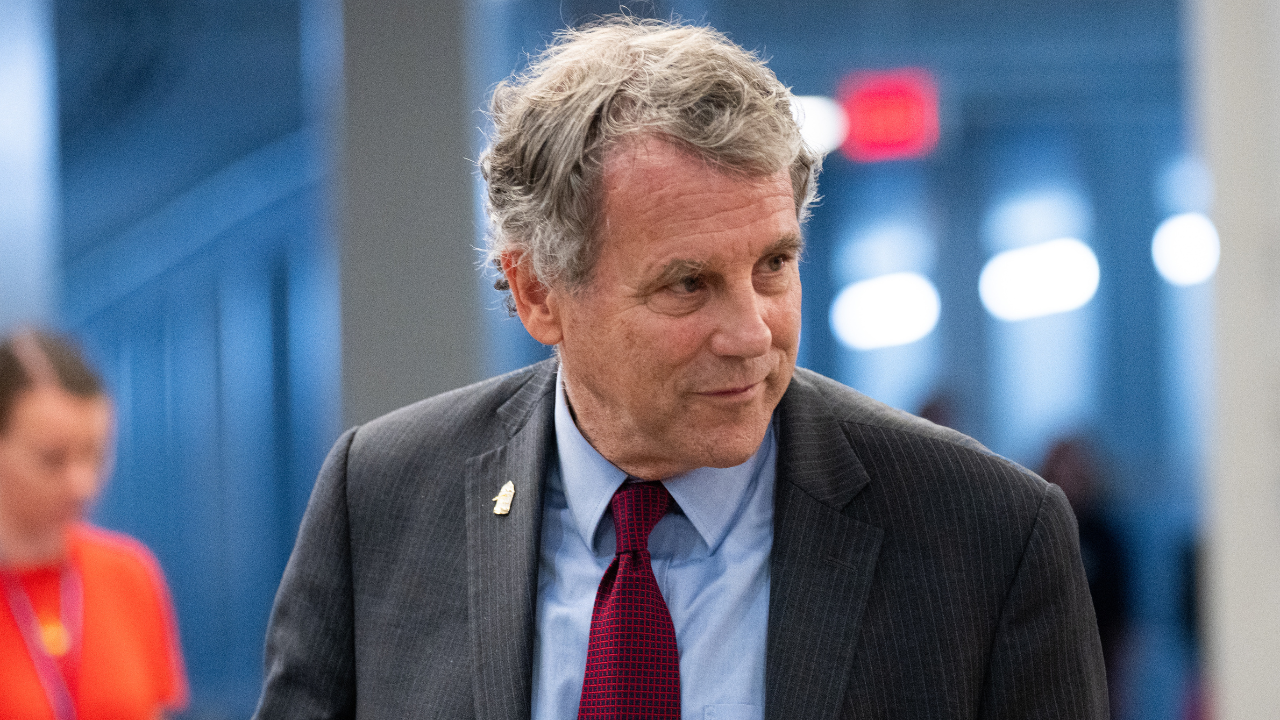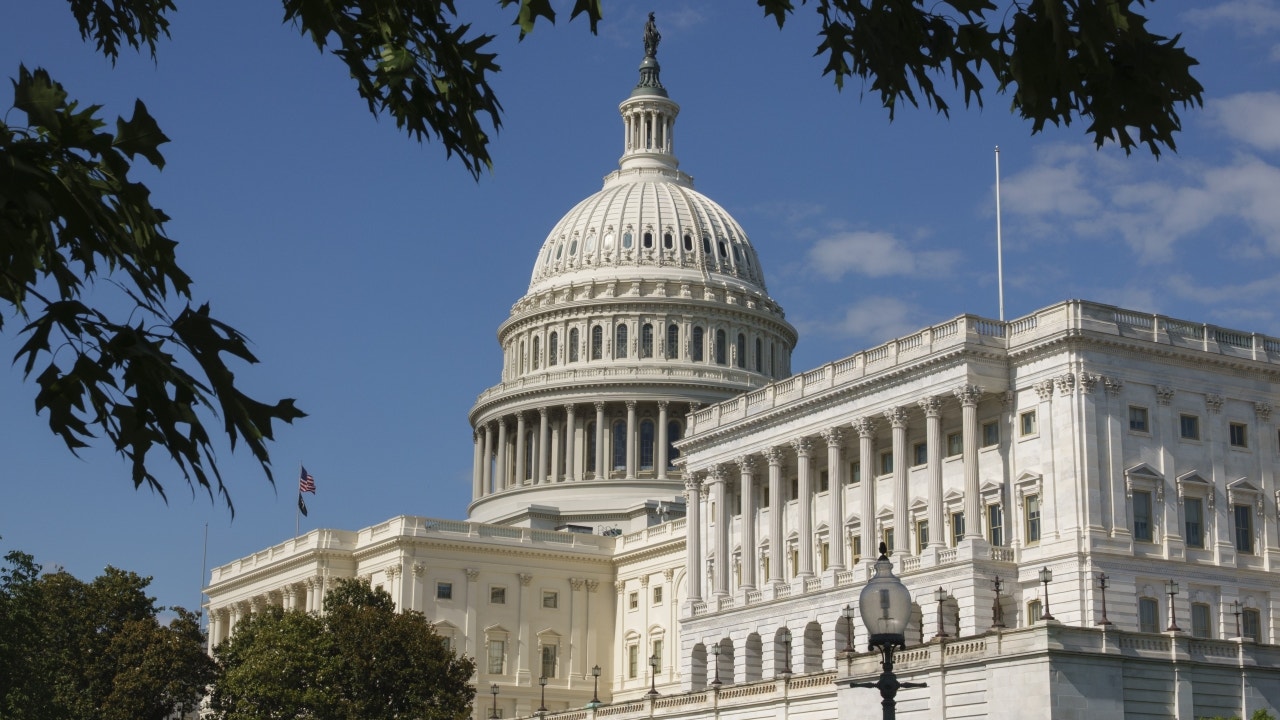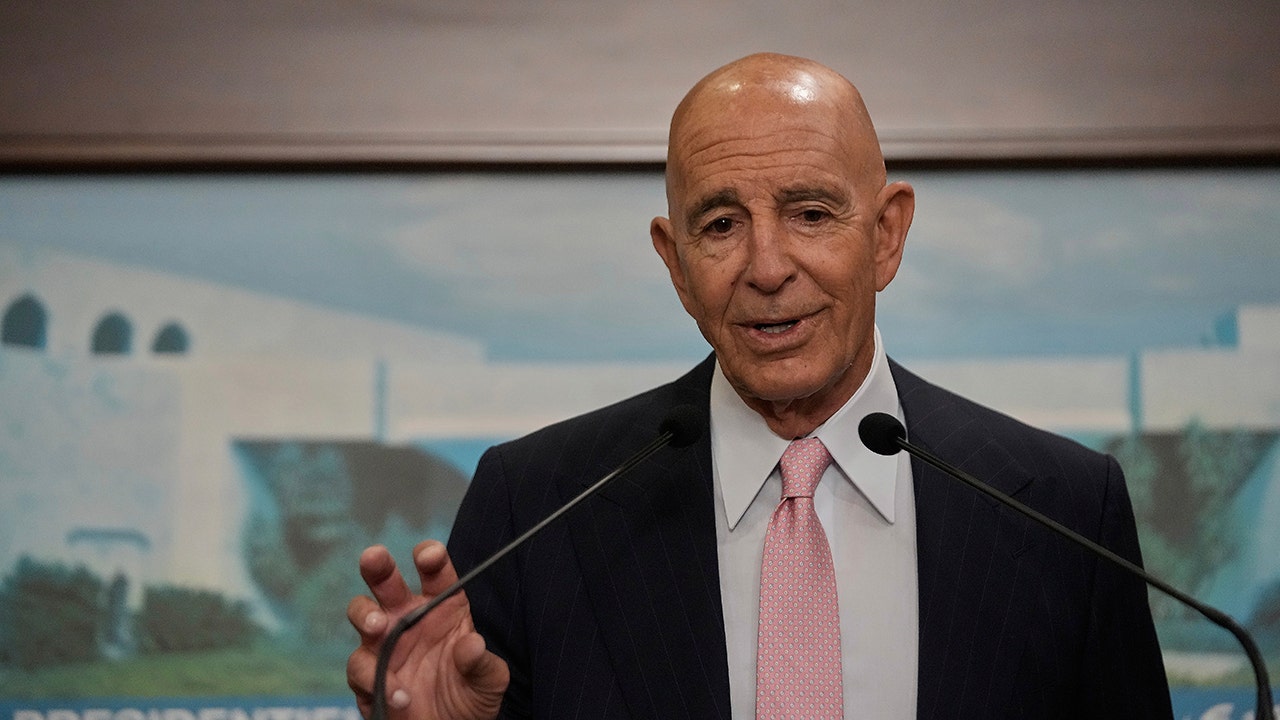Farah Jasmine Griffin has signed several petitions demanding the Ivy League school divest from Israel
Columbia University has appointed Farah Jasmine Griffin, a longtime supporter of the anti-Semitic Boycott, Divestment, and Sanctions (BDS) movement, to the position of “University Professor,” the Ivy League school’s “highest academic distinction” reserved for “exceptional scholars.”
Columbia president Claire Shipman announced the move in a Monday statement, lauding Griffin as “a scholar of rare breadth and clarity” known for “the depth of her contributions to Columbia’s intellectual life.” Griffin joined Columbia in 2000 and served as the inaugural chair of the school’s American and African Diaspora Studies Department. She has been an outspoken proponent of the BDS movement during her time at Columbia.
As early as 2002, Griffin signed a divestment petition targeting Israel, prompting criticism from Columbia’s then-president, Lee Bollinger. More recently, in 2016, Griffin signed a faculty petition that accused Israel of “inhumane segregation and systemic forms of discrimination” and called on Columbia to “take a moral stance against Israel’s violence in all its forms” by divesting “from corporations that supply, perpetuate, and profit from a system that has subjugated the Palestinian people for over 68 years.”
Photos from last spring, meanwhile, appear to show Griffin serving as a protest marshal at the illegal encampment that plagued Columbia’s campus, a role that saw some faculty members stand guard and protect student participants.
Griffin’s appointment comes as Shipman aims to restore Columbia’s funding relationship with the Trump administration after it slashed over $430 million in federal funding and threatened the school’s accreditation. Her role in honoring Griffin, however, could complicate the effort.
To become a University Professor, a faculty member must enjoy broad support from Columbia’s most powerful faculty members and administrators.
Only eight professors can hold the title at the same time, according to Columbia’s faculty handbook, which states that University Professor candidates “are nominated to the Trustees by the President on the recommendation of the Provost and with the affirmative advice of the tenured members of the Executive Committee of the University Senate.” That committee’s chairwoman, tenured professor Jeanine D’Armiento, emerged as a vocal supporter of the Columbia encampment last year.
“University Professors are exceptional scholars with the highest distinction who have served the University extensively,” the handbook states.
Lishi Baker, a Columbia senior studying Middle Eastern history, questioned Griffin’s appointment.
“I’m all for viewpoint diversity,” he told the Washington Free Beacon, “but if Columbia is trying to change the culture on campus, they should reward faculty whose contributions don’t come with antisemitism, discrimination, or disruption.”
Eden Yadegar, a recent Columbia graduate who served as president of Columbia Students Supporting Israel, echoed Baker’s sentiment. “Granting the university’s highest honor to a faculty member with a known and extensive record of antisemitic discrimination,” she said, “is the very antithesis of the sort of action Columbia should be taking if they truly are committed to positive change.”
Columbia did not respond to a request for comment.
In addition to her pro-BDS activism, Griffin is known for her past support of Steven Salaita, an English professor who saw his appointment to the University of Illinois blocked over statements that defended Hamas and suggested that supporters of the Jewish state are sociopaths. Griffin pledged to boycott the university in response.
Not long after Griffin joined Columbia, in 2005, the professor served on a Columbia faculty committee that conducted an internal investigation into allegations that Middle Eastern studies professors at the school intimidated Jewish students. The investigation largely let the professors off the hook, prompting some Jewish students to accuse the committee—and, more specifically, Griffin—of bias.
Columbia announced a number of policy changes in March that were meant to appease the Trump administration amid its federal funding fight. But the administration demanded those changes as “preconditions” for “long-term” negotiations over the school’s funding, and Columbia is yet to reach a deal that would restore its funding relationship with the federal government. Shipman last issued an update on the negotiations on June 12.
“In my view, it is essential to restore our research partnership with the government, if possible,” she said in a statement. “Our red lines remain the same and are defined by who we are and what we stand for. We must maintain our autonomy and independent governance. We decide who teaches at our institution, what they teach, and which students we admit.”
“Any agreement we might reach must align with those values.”
Read the full article here









